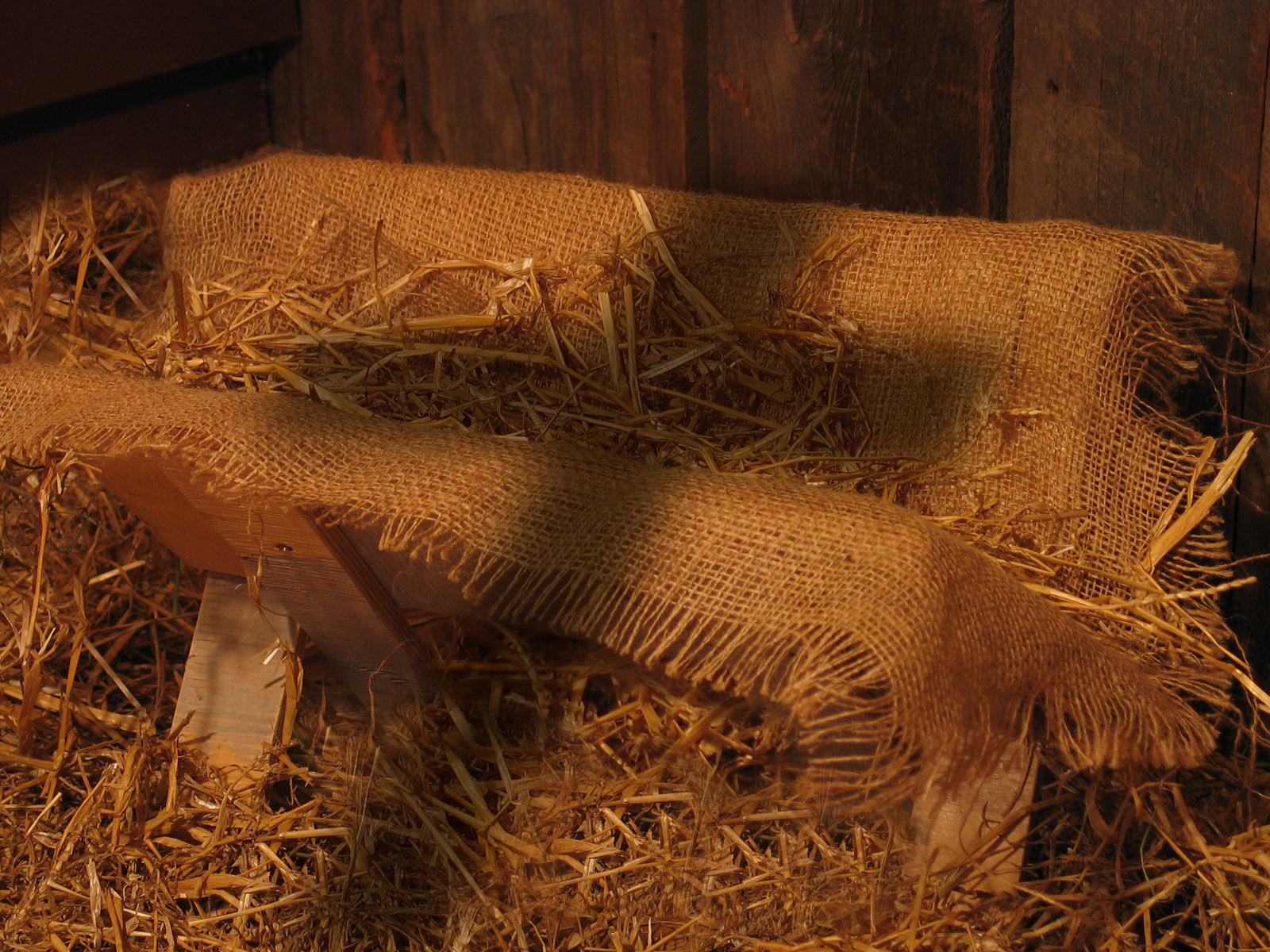The First Reading recalls God’s first encounter with Adam and Eve after they’d fallen. Addressing the serpent, God warned that there would be enmity between the woman and the serpent, and between her offspring and the serpent’s offspring. It was a reminder of the battle that followed after the Fall. However, it was not just a dire prediction: it is also a promise of future salvation, which is why this passage is often called the proto-Gospel. Christians through baptism, prayer, the sacraments, and a morally good life pass from the serpent’s side of the battle to the side of the woman’s offspring: we pass to Jesus and Mary’s side, we become Mary’s children. Mary by a special grace remained on the good side from the beginning, through a special grace that was won by her son’s death. The First Reading reminds us that we must take sides as well in the great battle between good and evil in the world: we must take Jesus and Mary’s side. The battle is lifelong and never easy, but God has special graces in store for everyone who keeps fighting it. The battle has already been won by Christ’s sacrifice on the Cross and Resurrection.
The Second Reading is a dense but rich recap of God’s dream for every human being: before the foundation of the world God had chosen us to be holy and without blemish before him, and out of love he destined us to become his children through his son. He wants to rain his favor down on us through our living a holy and unblemished life, because he knows that it will bring us the truest and fullest happiness. Mary reflects that in her whole life. Mary received that special grace of being preserved from the stain of original sin, her Immaculate Conception, and she made that grace bear fruit by never sinning her whole life, which is why she of all the creatures created by God is his greatest “success story.” It is a hope that God has had for each of us before the foundation of the world, even before the Fall: simply that we love him, not just as creatures, but as his children. He puts all the means at our disposal to do it. Hope is the key: this gift he’s given us will only fully be revealed in Heaven. We live for quick results in society today, but we also know that when we work and struggle for something more lasting it is that much more satisfying. Our life is one big adventure of this, with God helping us.
In today’s Gospel the angel Gabriel comes to Mary and tells her God wants her to be the mother of the Messiah, Israel’s long-awaited savior, and also the mother of God himself. In response to this invitation, Mary gave what would always be known as her fiat (Latin for “May it be done”: see Luke 1:38). Mary was faithful to that fiat her whole life: when Joseph considered leaving her, when she had to give birth in a stable in Bethlehem, when they fled to Egypt, when Jesus was lost in Jerusalem, when she lived with him for thirty years in Nazareth before he began his public ministry, and when he asked her to be the mother of the whole Church from his cross. If the Second Reading reminded us of God’s dream, the Gospel reminded us of what our dream should be in response: that we be faithful to God’s plan for our lives from start to finish.
As we celebrate today Mary’s fiat as crowning her fidelity to a grace received upon her conception in her mother’s womb, let’s also ask Our Lord, through her intercession, to make our whole lives one continuous fiat as well.
Readings: Genesis 3:9–15, 20; Psalm 98:1–4; Ephesians 1:3–6, 11–12; Luke 1:26–38.




